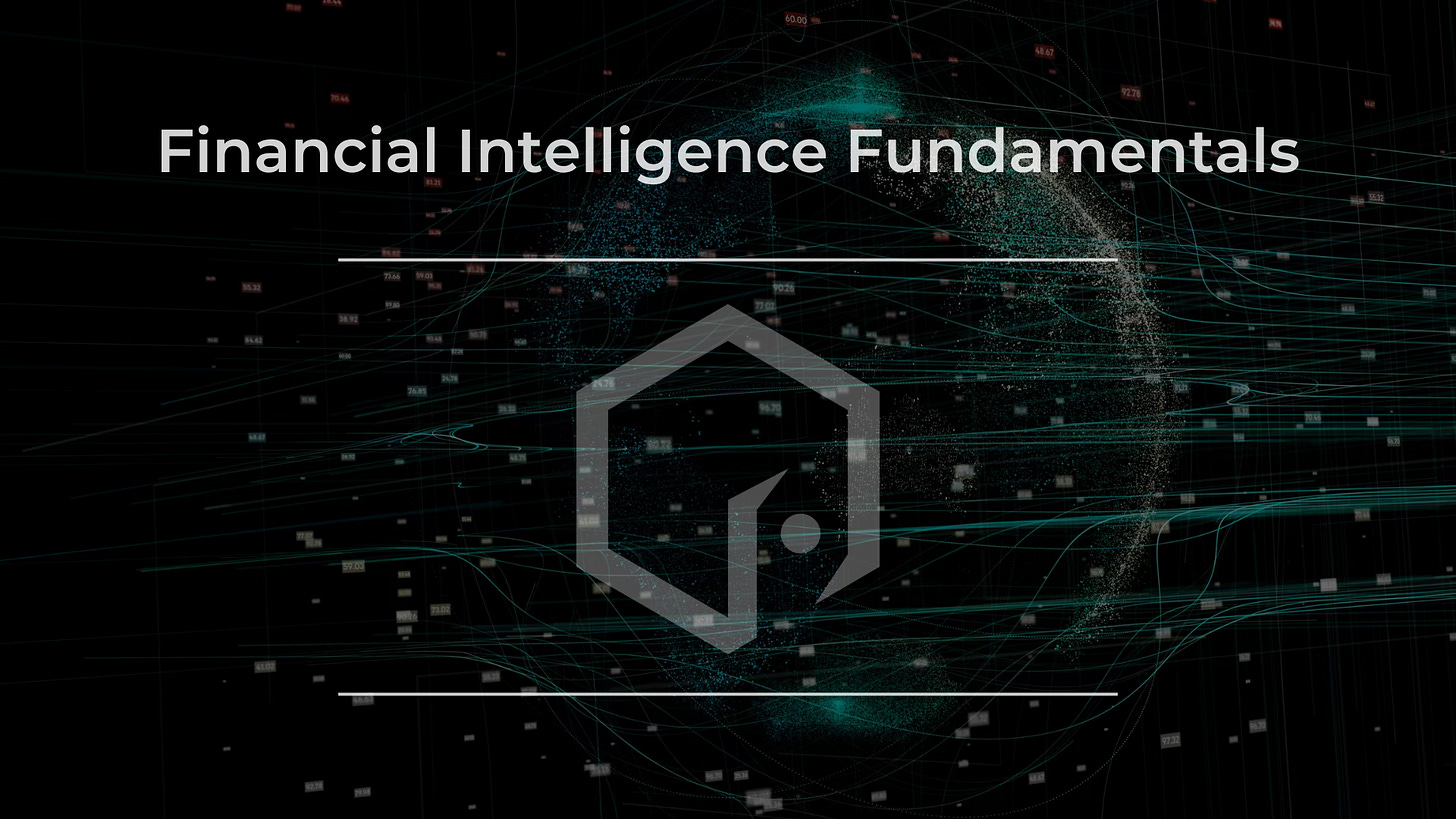The Compliance Industrial Complex and Its Grip on Modern Governance
Welcome to the Insight Monitor Bookclub!
Hello, Insight Monitor subscribers. Welcome to a new feature of our newsletter—Research Reads. This feature will function as a book club for subscribers. Here, I’ll review the latest research on illicit financing and international security threats. These reviews help us update our heuristics for combatting illicit finance with the latest evidence-based research. (Because if you want to do evidence-based policy, training and interventions, well, you need to know what the evidence says!) They will also identify gaps for future research that folks interested in this area will hopefully fill. In each review, you’ll get a “bottom line up front” (BLUF) summary of the research (book or article), a sense of who should read the book, and how it advances our knowledge. If you want to recommend a piece of research for review, you can do that by taking our short survey at the bottom of the article:
Review: Tereza Østb Kuldova, Compliance-Industrial Complex: The Operating System of a Pre-Crime Society, 1st ed. 2022 edition (Cham: Palgrave Macmillan, 2022).
BLUF: This book argues that the compliance industrial complex fundamentally shapes governance and control mechanisms, influencing how humans are surveilled and managed. It also argues that the compliance function plays an essential role in corporate power and hybrid policing practices.
The compliance industrial complex is the sector (yes, it’s an entire sub-sector of the finance sector of the economy!) that was created following the creation of the Financial Action Task Force and the establishment of global anti-money laundering standards (and, later, counterterrorist financing efforts). The compliance industrial complex is composed of financial institutions, their compliance officers (charged with detecting, preventing, and reporting money laundering and terrorist financing), regulatory technology companies that facilitate this, as well as policymakers, consultants, and academics and researchers studying policies, regulations, and practices.
This complex is described as shaping how people are governed, how they can interact with the financial system, and how they are controlled in that context.
As you can no doubt tell from the tone, this book takes a critical studies approach to regulation and surveillance. I know some of you will find that tone off-putting, so it can be useful to remember that this approach to research and analysis is meant to challenge conceptual frameworks and perspectives. It’s ~meant~ to be provocative. So when you read this, it’s useful to think about what the author is trying to challenge and why.
Who should read this book? It is largely targeted at academics but could also be interesting for policymakers and compliance professionals.
How does it advance our knowledge?
The critique of the language of compliance. The compliance industrial complex tends to use universalized terms of good governance such as integrity, transparency, accountability, and risk, but upon closer examination, these terms are “strikingly hollow.” (p.25) (I’ve often wondered what the phrase “protect the integrity of the financial sector” actually means.)
Critique of “tech optimism”: The author finds that there is little evidence to support the role of AI in advancing compliance outcomes, and the compliance industry tends to fetishize data-driven predictions despite “false expertise and bogus promises” that are sold under a myth of neutrality and objectivity. (p. 123-9)
The complexity of the regulatory environment: The author identified some people in the compliance industry and found that the regulatory environment is so complex that it is beyond the capacity of a single human to process. This creates an open question about what and who this is serving. The complexity further requires incorporating increasingly complex technological solutions into the compliance function, regardless of the evidence to support their efficacy.
Methods: This essay is based on an anthropological study of compliance professionals, primarily through attendance at webinars and conferences and through interviews. There is insufficient detail on methods to judge whether a similar study would come to the same conclusions. It’s also unclear about the geographic scope of this research and whether the findings apply across different jurisdictions.
What’s missing: A fairly robust critical studies approach to anti-money laundering and counter-terrorist financing exists. Many of you might be familiar with the work of Marieke de Goede or Anthony Amicelle. Surprisingly, this book does not engage with that literature.
Readability: This book targets an academic audience and assumes some knowledge and familiarity with critical studies as a discipline.
What did you think about our first Research Reads? Let us know in the comments, and be sure to complete the survey if you want us to review something in particular!
Do you want to learn more about financial intelligence and how to use it in research, investigations, and analysis? Our financial intelligence fundamentals course is for you! This course is perfect for people new to financial intelligence and seasoned professionals. Enroll today!
© 2024 Insight Threat Intelligence Ltd. All Rights Reserved.
This newsletter and its contents are protected by Canadian copyright law. Except as otherwise provided for under Canadian copyright law, this newsletter and its contents may not be copied, published, distributed, downloaded or otherwise stored in a retrieval system, transmitted or converted, in any form or by any means, electronic or otherwise, without the prior written permission of the copyright owner.




Love the idea of occasional book reviews! I haven't come across this one, and will definitely check it out as a result of this piece. I just finished reading 'Rinsed' by Geoff White. It's a series of analyses of various different financial crimes over the past 20 years or so, and shows how the tech explosion of that period has enabled much of today's fincrime. And, like White's previous work The Lazarus Heist, the shadow of the North Korean state apparatus is never far away.